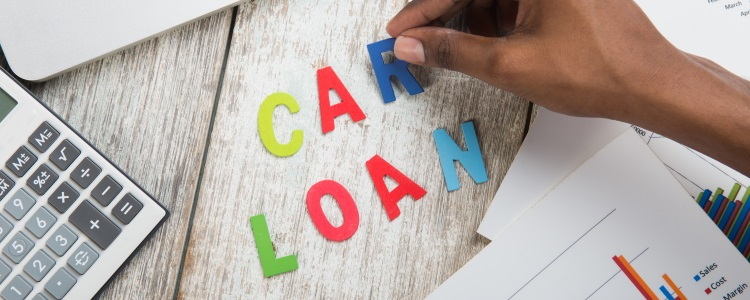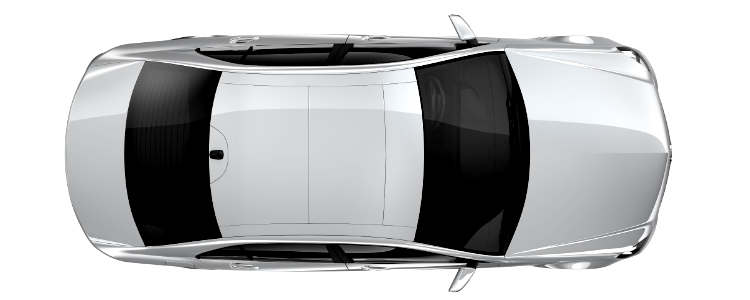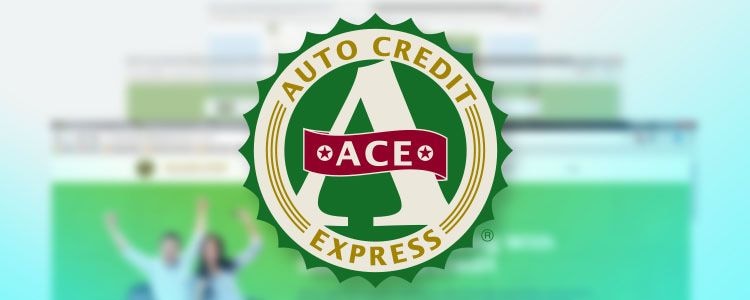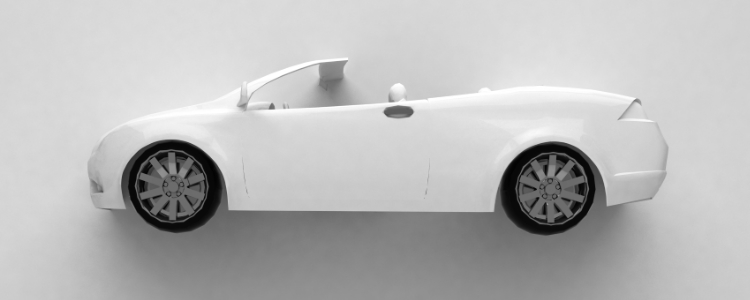When you need a car loan but your credit isn't the best, it's important to budget and choose your vehicle wisely. This comes down to more than the price listed on the window sticker, as you have to consider the long-term costs of owning a car, too.
More Than the Cost of Financing
Financing a vehicle is only the beginning of an expensive, long-term relationship. The better your credit, the less you typically have to shell out in interest charges over a loan term. However, the price of the car and the interest charges you have to pay when you finance are just the start.
You also need to plan for the additional charges that come up at the time of the sale, and over your vehicle's lifetime. The cost of the car is often the only consideration people think about when they begin looking for a vehicle. If this is how you've been shopping for a car up until now, you've been treating yourself unfairly. You also need to take into account the cost that goes into a vehicle after you purchase it.
Here are three things you should consider when planning for the real cost of car ownership:
 Fuel – If you're looking for a vehicle when things are good and fuel costs are low, you may be tempted to splurge on a bigger car that doesn't have very good fuel economy. But what happens when gas prices rise? If you do a lot of driving, it's best to look for a fuel-efficient model that won't cost you hundreds of dollars in gas every few weeks.
Fuel – If you're looking for a vehicle when things are good and fuel costs are low, you may be tempted to splurge on a bigger car that doesn't have very good fuel economy. But what happens when gas prices rise? If you do a lot of driving, it's best to look for a fuel-efficient model that won't cost you hundreds of dollars in gas every few weeks.- Maintenance and repairs – Keeping a vehicle in good condition is essential if you want it to continue to be reliable. This means you need to budget for things that go into keeping your car in tip-top shape, such as oil changes, tires, brakes, fluids, windshield wipers, and other repairs that inevitably come up.
- Auto insurance – This is a must have on all financed vehicles, because full coverage insurance is a requirement for financing a car. Full coverage is more expensive than a standard personal liability and property damage policy, so be sure to contact your insurance company to find out the cost of full coverage on a vehicle you’re considering.
The costs listed above vary from situation to situation, and depend largely on the type of car you choose, the state you live in, and where you service your vehicle. Remember, your situation could change quickly, so it's important to plan for the future.
Additional Costs of Car Ownership to Consider
There are other costs you need to factor into your car buying budget than we've already discussed, and those include the fees you need to be prepared to pay at the time you sign the loan contract.
As a bad credit borrower, one of the biggest expenses when buying a vehicle is a down payment. This is typically a requirement in order to be considered for financing from a subprime lender. Most of them require at least $1,000 down or 10% of the car's selling price, sometimes whichever is less.
Even though you only need to cover the minimum down payment, it's a good idea to save as much as you can. The bigger the down payment, the more you save in interest charges over the life of the loan. This can be especially important for borrowers with poor credit, since you're likely to see a higher interest rate on an auto loan from the start.
Additionally, you have to plan for tax, title, and license fees, which are part of every vehicle sale. These fees vary from state to state, but they're typically something that can't be avoided.
Need Help Finding an Auto Loan?
With all this planning for the real cost of ownership as you research cars that fit your needs, you don't need the headache of trying to find a subprime lender to work with as well. Save yourself time and effort by turning to us at Auto Credit Express.
We work with a nationwide network of dealerships that are teamed up with the lending resources to help. You can get the process of finding your next auto loan started right now, for free, by filling out our no-obligation car loan request form.
















